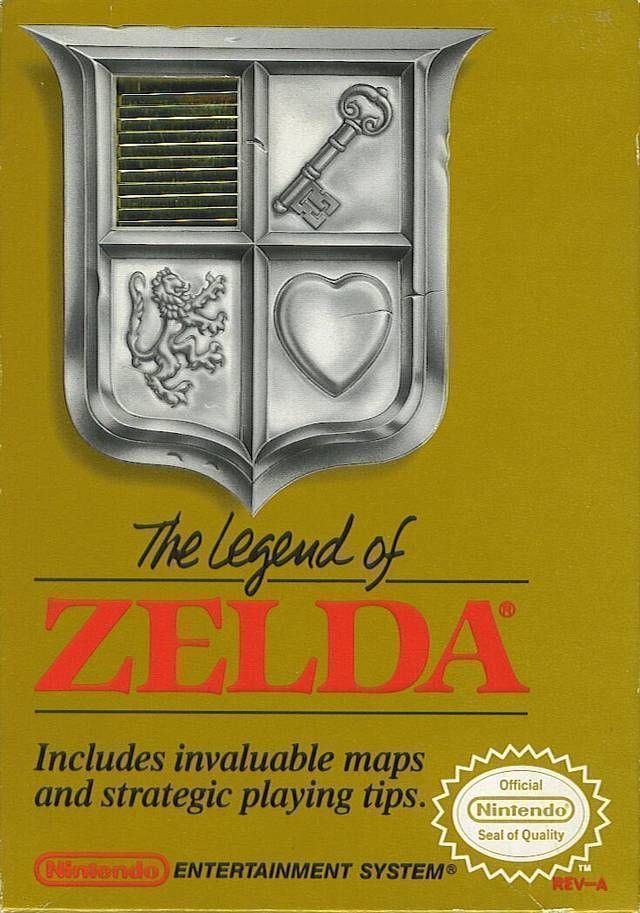
(U)(frieNDS)-1448686943.jpg)
Kane noted, however, that there are companies that take these things “very seriously,” and there have been cases where companies sued individuals for downloading something, even if it was for non-commercial use. “I think it’d be rare and approaching never that they go after individual downloaders,” he said. So the emulator itself may be copyright violation of the code in the platform or the code in the console, and then the games themselves would be copyright infringing items, assuming they’re games that are owned by a third party and the third party has not authorized their use,” Sean Kane, co-chair of the Interactive Entertainment Group at law firm Frankfurt Kurnit Klein & Selz, explained. “If you’re hosting the site, you potentially could be liable for direct infringement of a copyright in the game, as well as the emulator may have software of some of the code from the console or platform that the game runs on. All the lawyers agreed that emulation sites are committing copyright infringement if the games they offer are protected by owners as copyrighted material (which they usually are).

Unless you want Nintendo to come after you for $150,000 an incident, forget about hosting ROM downloads. To find out more about how the law views game emulators, I spoke with three different intellectual property lawyers. While those sites were sharing Nintendo ROMs, the act of downloading them is also likely illegal, even if you already own those games on an old cartridge or disc.


 0 kommentar(er)
0 kommentar(er)
